A piece of blue sky: How WFP Hurricane Lisa recovery cash boosts farmers in Belize
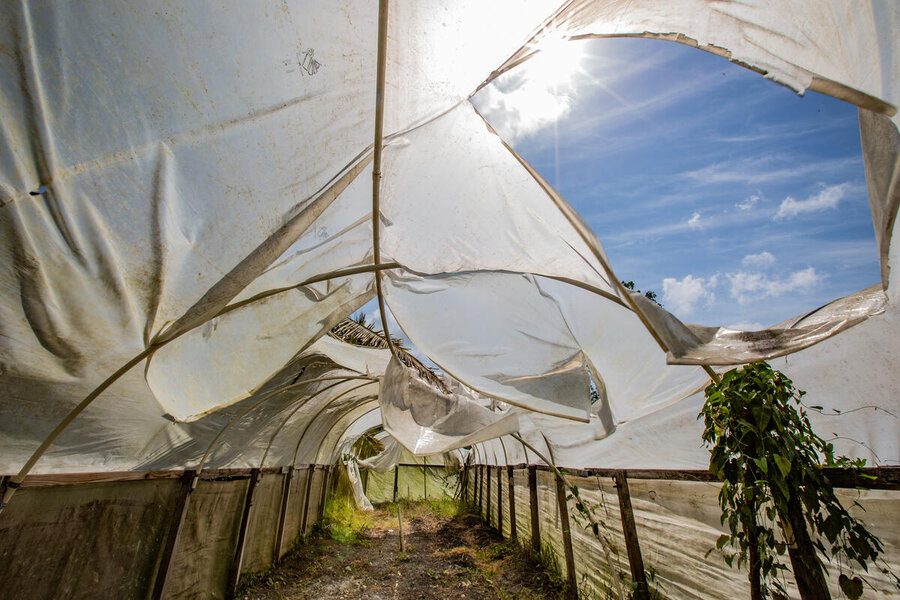
“We lost 100 percent of the papaya, which is our main income,” says farmer Maritza Blandon, recalling tropical storm Lisa. In November 2022, the Category-1 hurricane ripped open the greenhouses in Cayo province, Belize, where she and her husband, Ever, grew crops including tomatoes and pineapples.
“We work on bank credit. We couldn’t fix the greenhouses, which caused financial issues,” she adds. We’re restarting, but it’s tough – you need to pay the bank back before you can ask for another loan.”
Thankfully for the Blandons, help was at hand through the Government and the World Food Programme (WFP). Cash was sent to farmers affected by the disaster through a mobile money platform – financial support that was crucial to their recovery.
‘When a hurricane hits a Small Island Developing State, it is devastating, and at a national scale’
“We did have to sell some cows to pay back the bank,” says Ever, “but if we hadn't received this money we would have had to sell them all.” Instead, the couple could “buy fertilizer and restart planting.”
The initiative marked the second phase of WFP's support to the Government of Belize’s disaster response, following initial emergency cash transfers provided to 3,000 people identified by the Government as ‘vulnerable’ in the wake of the storm.
Maritza says, “We were given BZE 1,000 (US$500), of which we could take BZE 300 in cash, and the rest we spent on farming gear. You go to the store and ask for what you want until you reach your limit, like when you pay by card, but only up to a limit.”
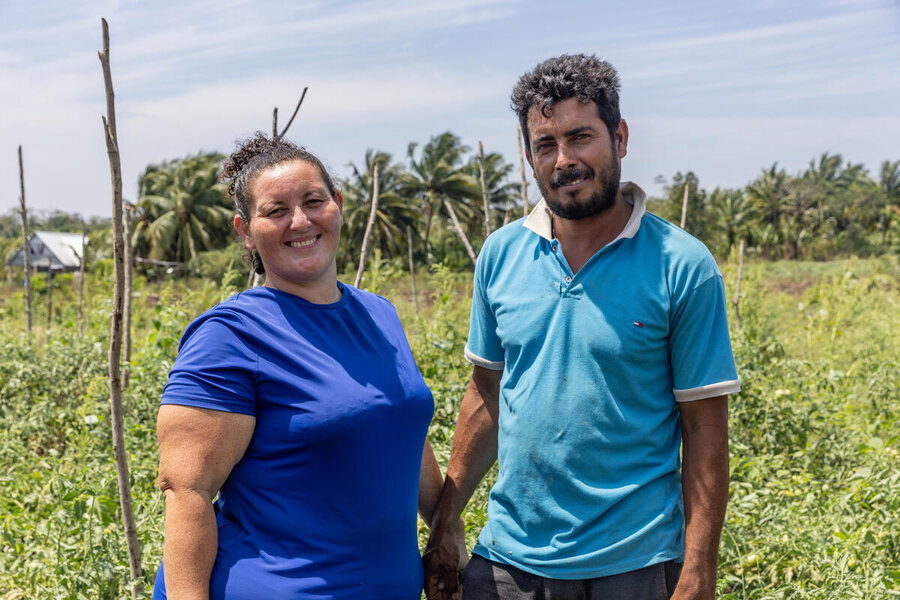
Though not an island, Belize is one of 39 Small Island Developing States (SIDS), a group of UN members that includes countries as diverse as Cuba, Haiti, and Fiji.
Their common problems include limited resources and the land mass to serve growing populations, remoteness from international markets, and, chiefly, climate change. Rising sea levels pose an existential risk to the most vulnerable SIDS. Meanwhile, natural weather phenomena such as El Niño and La Niña are worsening already disastrous climate impacts, inviting droughts, floods, and mass displacements.
In recent weeks, WFP has been supporting governments bracing for the Atlantic hurricane season, which begins on 1 June, positioning supplies to support in the broader Caribbean and readying cash distributions in anticipation of extreme weather events, which these days arrive far more frequently and with greater force than they used to.
As El Niño intensifies floods and droughts, early action pays off
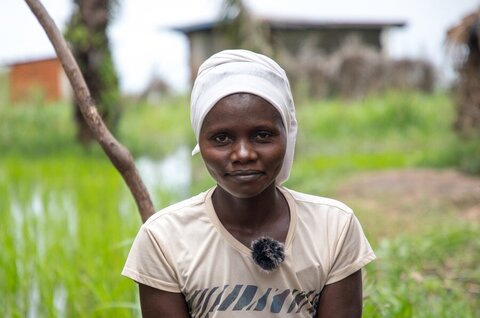
We are also constructing a Caribbean logistics hub in Barbados to effectively position and mobilize emergency supplies.
WFP experts believe the next ten years present a critical juncture for SIDS, during which time disaster risk management capabilities must be definitively strengthened to protect communities.
“When a hurricane hits a Small Island Developing State, it is devastating, and at a national scale,” says Regis Chapman, Country Director for WFP’s multi-country office for the English- and Dutch-speaking Caribbean, which was set up in 2018 in Barbados. “Ports, roads, bridges, and communications lines are damaged and houses and livelihoods are lost. In the worst cases, national systems can completely collapse in the first days following and impact.”
Climate shocks
Displaced people can be left with no recourse to help when the state is so heavily impacted. In terms of proportion, “it’s unfathomable”. He adds: “Look at Dominica – imagine a country facing a category-5 hurricane from north to south, east to west, damaging or tearing off 85 percent of the roofs. Now apply that to the US, India, or any larger country. Everyone is affected, from the Prime Minister down to the poorest families.”
Indeed, when Hurricane Maria hit the island in 2017, its population of 73,000 people found 90 percent of its buildings damaged or destroyed, while 224 percent of Dominica’s GDP was wiped out, with losses amounting to around US$1.4 billion.
For countries contending with huge debt burdens, such bills bring a further layer of devastation – climate shocks set any progress in development back to square one.
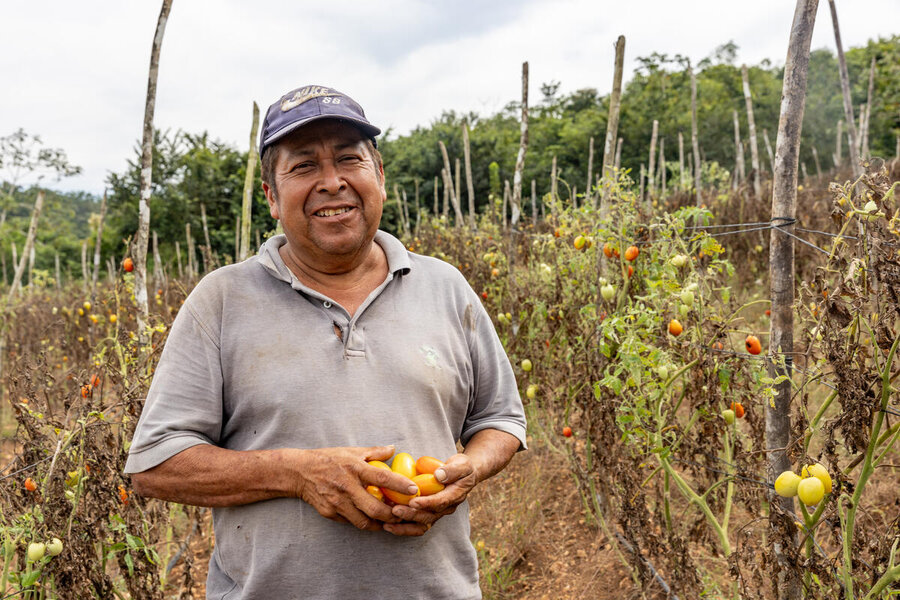
In the wake of Maria, WFP was quickly on hand in Dominica, providing in-kind food distribution to support up to 30,000 people, but also supporting government and other partners to deliver additional food and a variety of critical relief items by providing logistics services and support to coordination. We then linked up with the Government and UNICEF to provide emergency cash transfers to the 25,000 worst-affected people.
Bolstering emergency preparedness and supporting national social protection systems is key to resilience-building.
In Southern Africa, El Niño drought leaves a trail of scorched harvests and hunger
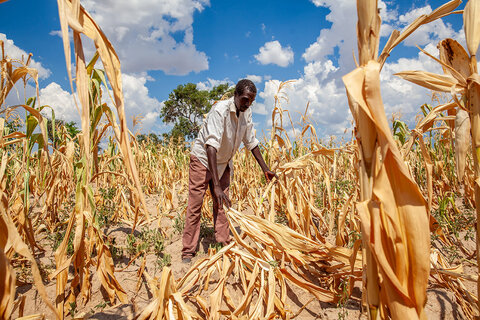
When disaster strikes, governments' focus can quickly shift by default to the ‘macro’, says WFP’s Chapman: getting airports running or facilitating tourism – a key source of income for many SIDS – back on track. An unintended consequence of this is that “people get left behind.”
“Sometimes hurricanes don't come here, and sometimes it's just rain, but we don't know what it’s going to be like this year,” says Ephraim Cho, another farmer who benefitted from WFP’s Hurricane Lisa response in Cayo, Belize. “And there are times when there is a lot of rain when the hurricane comes and destroys us a lot – a lot.”
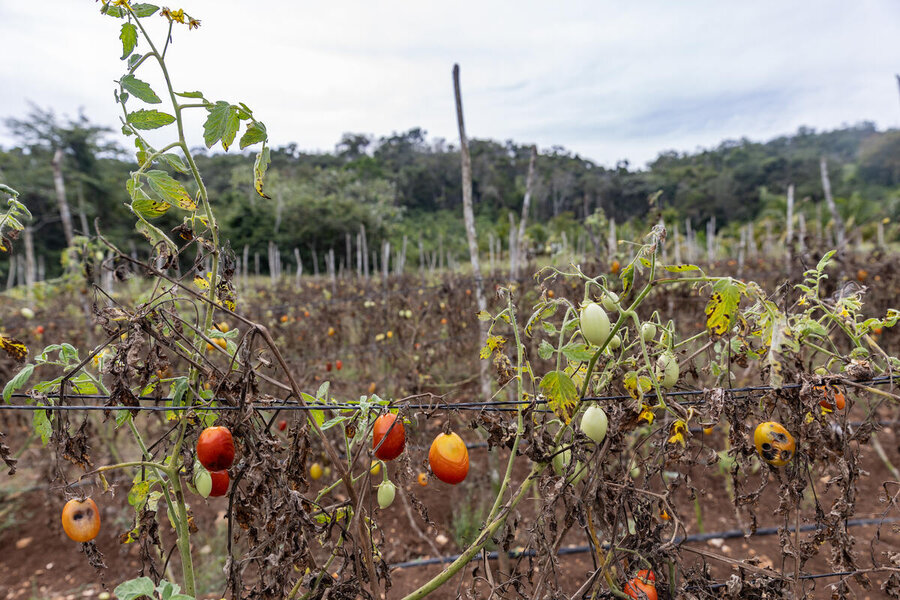
Investment is key. “The amount of climate financing per capita should very much be linked with the vulnerability and the impacts that climate change is having in SIDS countries,” says WFP’s Regis Chapman. “Yet the Caribbean accounts for some of the lowest levels of climate financing.”
When funds are available, WFP can make a difference.
WFP's implementation of cash assistance in Belize in response to hurricane Lisa was made possible initially through the financial support of the European Union’s Department for Civil Protection and Humanitarian Aid Operations (ECHO), the Republic of Korea, and the USAID Bureau for Humanitarian Assistance. Support provided to farmers was made possible by the Italian Cooperation and the Church of Jesus Christ of Latter-Day Saints.



